A D H S (Adrenal Gland Support)
*** Please Login or Register with DC Nutrition to see Prices and Add To Cart. ***
Login | Create An Account / Register
ADHS is an adrenal gland support supplement consisting of a complex formula of herbal adaptogens (adaptogens are herbs that relieve stress), vitamins and minerals to help the body deal with the stresses we encounter in every day life; things such as pollutants, job stress, lack of sleep, travel, and other outside forces that the body must deal with and overcome.
Indications: fatigue, insomnia, anxiety, depression, weakness, water retention, low blood pressure, allergies and hypersensitivities, hyperinsulinemia.
INGREDIENTS:
Herbal Adaptogens (20 mg. each):
Dipsacus asper (teasel), Indian Bedellium, Ginkgo Biloba, Cornus officianalis (bunchberry), Schisandra chinesis, Gotu-Kola, Achyranthes bidentata, Basil, and Gulancha Tinospora.
Nutrients:
Pantothenic Acid 40 mg - For CoEnzyme A, essential for adrenal function:
L-Tyrosine 100 mg - To make Epinephrine, Melanin, and Thyroxine.
Vitamin B6 5 mg. - Many functions including decreasing actions of steroids such as cortisol.
Magnesium 25 mg - To make cAMP which signals the cell to respond to
hormonal stimulation
Copper 500 mcg. - Needed to make Monoamine Oxidase which inactivates catecholamines such as norepinephrine.
Rubidium and Lithium 20 mg. each - Have regulatory effects on certain
neurotransmitters.
Vitamin C 100 mg. - Cofactor for enzymes that form norepinephrine.
Vitamin B1 2 mg. - Needed for proper ATP synthesis.
Vitamin B2 2 mg. - Needed for REDOX reactions.
Niacinamide 10 mg. - Over 200 enzymes are dependent on NAD and NADP.
Vitamin E 30 I.U. - Used for its antioxidant propadmies.
Manganese 3 mg. - Activates many enzymes (hydrolases, kinases, decarboxylases transferases), and is a constituent of metalloenzymes such as arginase, mitochondrial superoxide dismutase, pyruvate carboxylase, and glutamine
Initially, excessive cortisol production (which can lead to insulin insensitivity, immunosuppression and the thinning of the gut lining) may result from an overactive HPA axis. Later, the body's ability to synthesize cortisol and other steroid hormones may decrease. Ultimately, chronic stress can lead to adrenal exhaustion and low cortisol output.
ADHS nutritionally supports desired DHEA, Secretory IgA and normal cortisol levels.
ADHS supplies raw materials necessary for the synthesis of steroid hormones and epinephrine, the conversion of tyrosine to catecholamines, and hormone secretion. Nutrients required for carbohydrate metabolism and mitochondrial energy production are provided, as are nutrients needed for tissue growth and repair, including stem cell differentiation and proliferation.
Additionally, ADHS incorporates a unique blend of Chinese and Ayurvedic herbal components providing constituents shown to support normal organ function in response to stress.
PRODUCT DESCRIPTION
ADHS
**Each tablet supplies:
Vitamin C (as ascorbic acid) 100 mg
Vitamin E (as tocopherol acetate) 30 IU
Vitamin B1 (as thiamine mononitrate) 2 mg
Vitamin B2 (as riboflavin) 2 mg
Niacin (as niacinamide) 10 mg
Vitamin B6 (as pyridoxine HCI) 5 mg
Pantothenic acid (as calcium pantothenate) 40 mg
Magnesium (as magnesium aspartate) 25 mg
Copper (as copper gluconate) 0.5 mg
Manganese (as manganese gluconate) 3 mg
Lithium (from vegetable culture) 20 mcg
Rubldium (from vegetable culture) 20 mcg
L-tyrosine 100 mg
Achyranthes (root) 20 mg
Basil (leaves) 20 mg
Asiatic Dogwood (fruit) 20 mg
Sichuan Teasel (root) 20 mg
Ginkgo biloba (leaves) 20 mg
Gotu Kola (aerial part) 20 mg
Tinospora cordifolia (stem) 20 mg
Commiphora mukul (gum resin) 20 mg
Shisandra chinensis (fruit) 20 mg
WARNING: Not recommended for pregnant or lactating women.
RECOMMENDATION: One (1) tablet twice each day as a dietary supplement or as otherwise directed by a health care professional.
Contains: 120 tablets; 240 Tablets
Product #: 3015; 3020
NDC: 55146-03015; 55146-03020
ADDENDUM
ADRENAL HORMONES AND ADAPTATION TO STRESS
The body possesses a complex system for adapting to stressful conditions. The stress system consists of the hypothalamus (para ventricular nucleus), several noradrenergic nuclei of the brainstem and their peripheral limbs, along with the linkages among the hypothalamus, the pituitary and the adrenal glands (the HPA axis) together with the peripheral autonomic nervous system.
Cortisol levels vary during a 24-hour period because this hormone is discharged in pulses. Normally, blood cortisol levels reach a nadir around midnight and then attain peak levels between 6 a.m. and 8 a.m. Stress can rapidly alter the rate of cortisol synthesis in response to signals sent from the hypothalamus via the pituitary.
During prolonged stress the body goes through various stages of adaptation, a concept developed by Hans Selye as the ""General Adaptation Syndrome"". With chronic stress, the HPA axis first becomes overactive, causing increased levels of ACTH and elevated cortisol, followed by a prolonged resistance stage of adaptation to stress. At first excessive cortisol production can cause insulin insensitivity, immunosuppression and epithelial thinning of the gut lining. Hypercortisolism resembles Syndrome X with tendencies toward insulin resistance, hypertension, mild body obesity and elevated blood triglycerides and cholesterol. The HPA axis may be involved in metabolic imbalances. The body's ability to synthesize cortisol and other steroid hormones may eventually decrease and ultimately, chronic stress can lead to adrenal exhaustion. Excessive fatigue, menstrual irregularities, depression and chronic illness may follow.
STEROID HORMONE ANALYSIS IN HUMAN SALIVA
Over the past decade, new highly sensitive analytical procedures have been developed for steroid determination. These newer procedures have permitted the automation of saliva analysis. The advantages of this sampling procedure are many. These include the noninvasive nature of saliva collection; multiple sampling; the ease of collection, storage, and shipment of individual samples for analysis.
If you would like additional information or guidance about a lab that is doing this test procedure, please contact my office at 713.953.7500.
NUTRITIONAL SUPPORT FOR ADRENAL FUNCTION
An extensive body of research provides important insights into nutritional support for adrenal function.
Amino Acids for Catecholamines
L-tyrosine. This is the key raw material for the synthesis of norepinephrine and epinephrine.
B Complex Vitamins
Individual vitamins of the B complex work in partnership because they form coenzymes (enzyme helpers) used in energy-yielding metabolic pathways.
Pantothenate. The adrenal glands require pantothenate for adequate steroid hormone synthesis. Pantothenate is the precursor of Coenzyme A, the coenzyme essential for metabolizing fatty acids for energy production. In addition, acetyl Coenzyme A is used as the building block for the sterol nucleus.
Thiamine and Riboflavin. These vitamins, together with pantothenate, are needed to convert carbohydrate to acetyl Coenzyme A for energy production and for steroid synthesis.
Niacinamide. Niacinamide forms NADH, the general electron carrier to funnel electrons into the mitochondrial electron transport chain for oxidative phosphorylation. In addition, niacinamide forms NADPH, the reducing agent needed to convert cholesterol into steroid hormones. For example, the synthesis of pregnenolone, the first steroid hormone of the pathway, employs three successive monoxygenase steps, each requiring NADPH.
Pyridoxine HCL. This vitamin forms pyridoxal phosphate, required to break down most amino acids, and specifically to convert the amino acid tyrosine to catecholamines (aromatic amino acid decarboxylase).
Antioxidants/ reducing agents
Vitamin E. This versatile lipid antioxidant effectively scavenges free radicals and protects membranes, including the smooth endoplasmic reticulum (where mixed function oxidases are located), from lipid peroxidation.
Vitamin C. The concentration of vitamin C in the adrenal glands is among thehighest in the body. Vitamin C functions as a reducing agent for mixed function oxidases employed in the synthesis of steroid hormones, as well as epinephrine (tyrosine hydroxylase and dopamine hydroxylase, the first and third enzymes respectively, of the epinephrine pathway). Vitamin C also possesses antiinflammatory activity.
Minerals
Magnesium. As a cofactor for almost all reactions involving ATP, the energy currency of the cell, magnesium is particularly critical for tissues geared to the export of specific products such as hormones.
Manganese. Manganese is a cofactor for enzymes of the citric acid cycle and the key energy-producing steps in the cell. It also supports the immune system, neuromuscular health and tissue repair.
Copper. Copper promotes normal healing and it possesses anti-inflammatory activity. Tyrosine hydroxylase and DOPA decarboxylase require copper as a cofactor for epinephrine synthesis.
Herbal extracts
In addition to established nutrients, several herbal extracts help support normal adrenal function. Many of these have their origins in Chinese or Ayurvedic traditions.
Cornus officinalis. Extracts of berries have been used in traditional Chinese practice. They are associated with sour, slightly warm properties. This herb is said to assist yang energy and to auguments glandular function, especially liver and kidneys. It supports collapsed qi and increases kidney yin.
Dipsacus asper. A bitter herb used in traditional Chinese medicine to support liver and kidneys and related functions and to promote movement of blood. The herb is said to increase kidney yin energy.
Shisandra chinensis. According to Chinese traditions, this herb is classified as warm and sour, with the ability to enrich kidney yin, to inhibit the leakage of qi and to calm the heart by balancing the yin of the heart. Extracts of Shisandra chinensis support many organ functions, including spleen and kidney, and normal homeostatic mechanisms in response to stress.
Indian Bedellium. (Also known as Balsamodendra mukul and Commi mukul.) Resinous preparations of mukul help normal mucus secretions, and support normal gastrointestinal and immune functions.
Gulancha tinospora. (Guduchl Tinospora, Tinospora cordifolia). Bitter extracts of this herb have been used in Ayurvedic traditions since ancient times. They are said to help balance normal immune response and to support normal blood sugar levels.

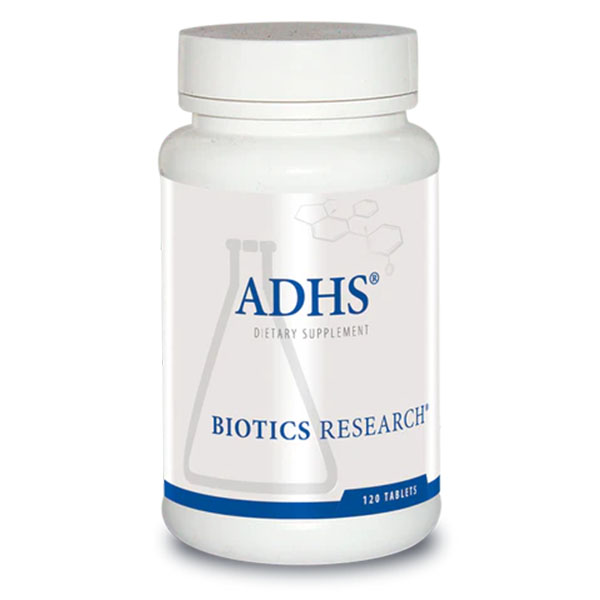
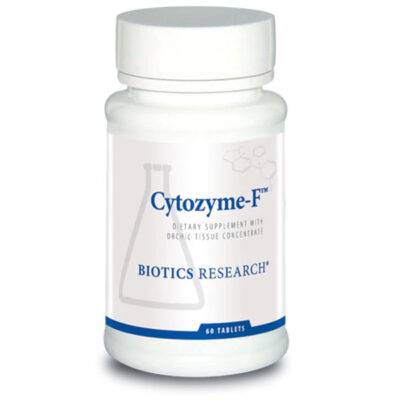
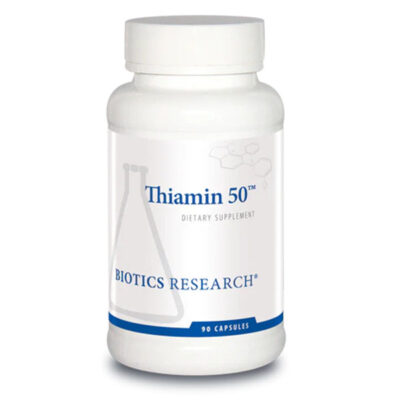
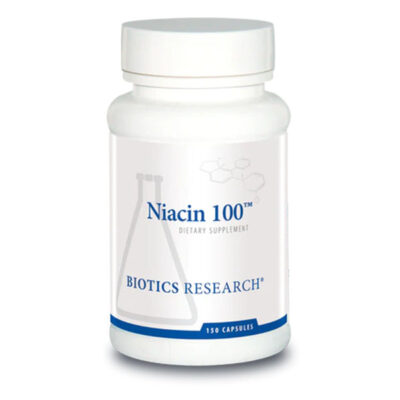
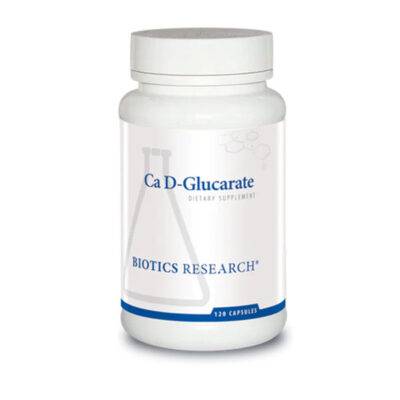
Reviews
There are no reviews yet.